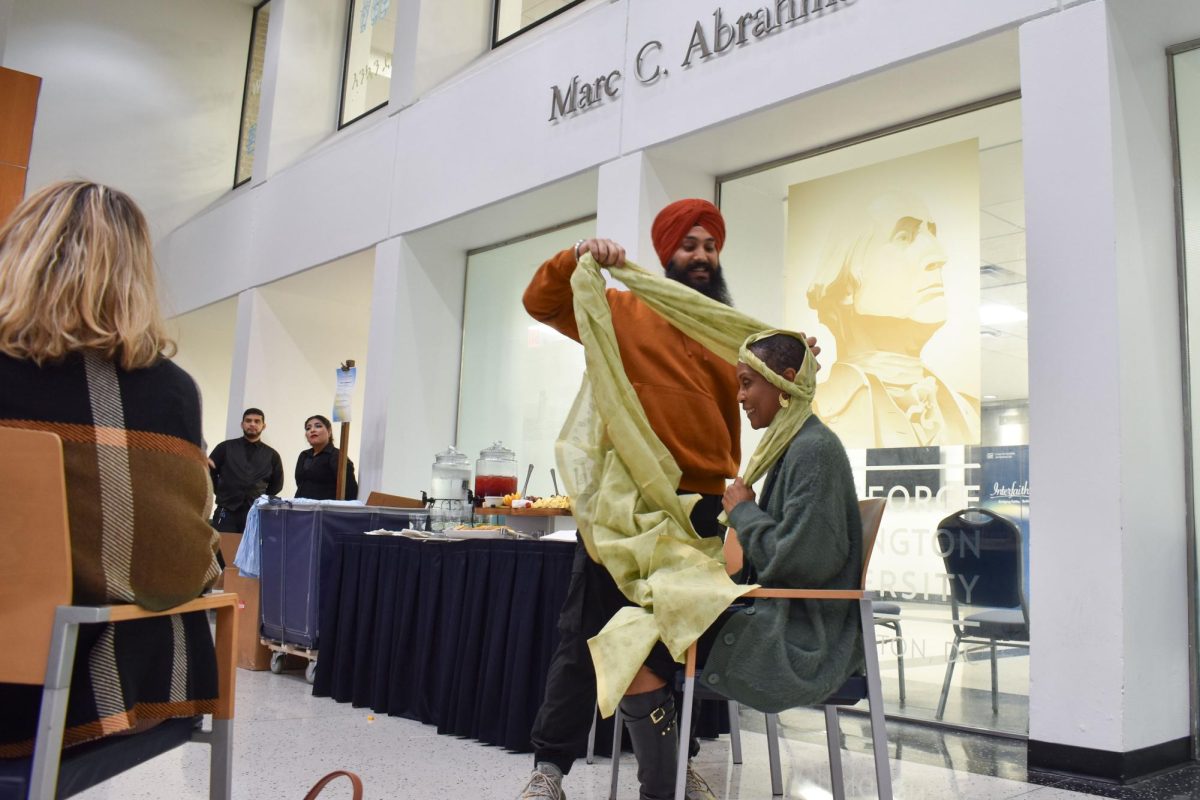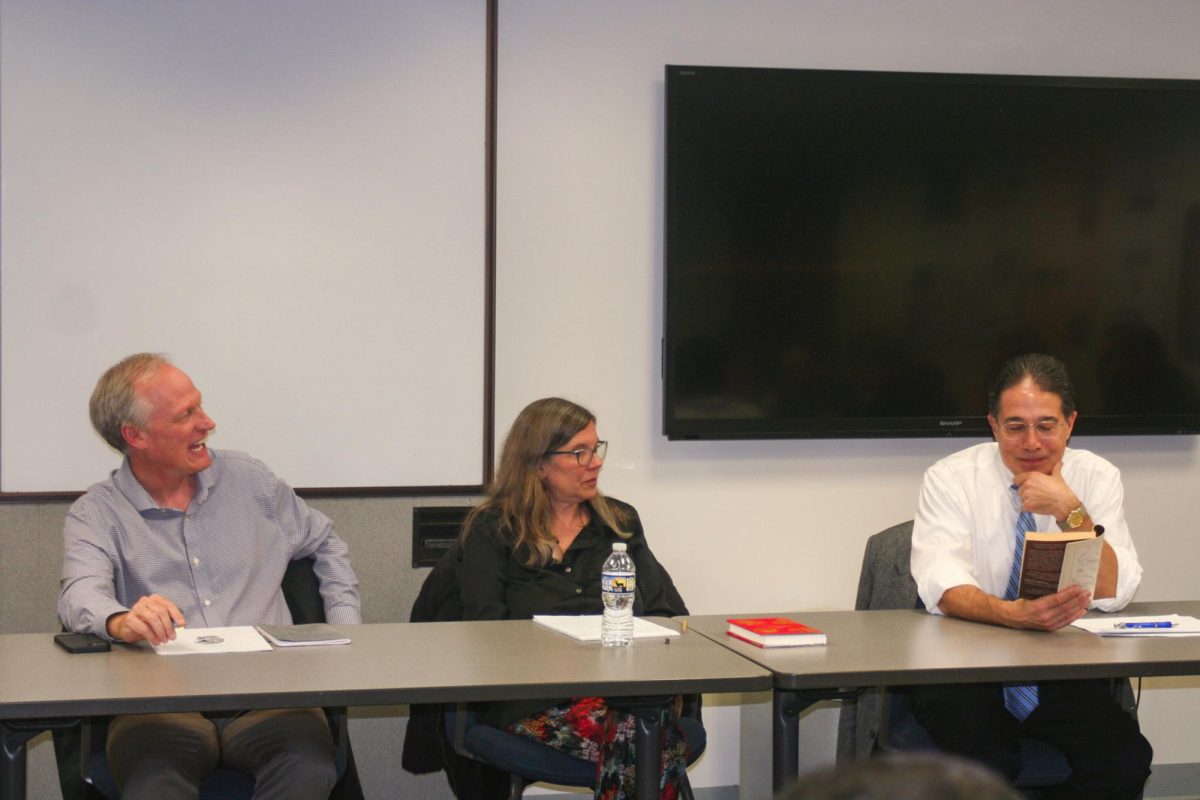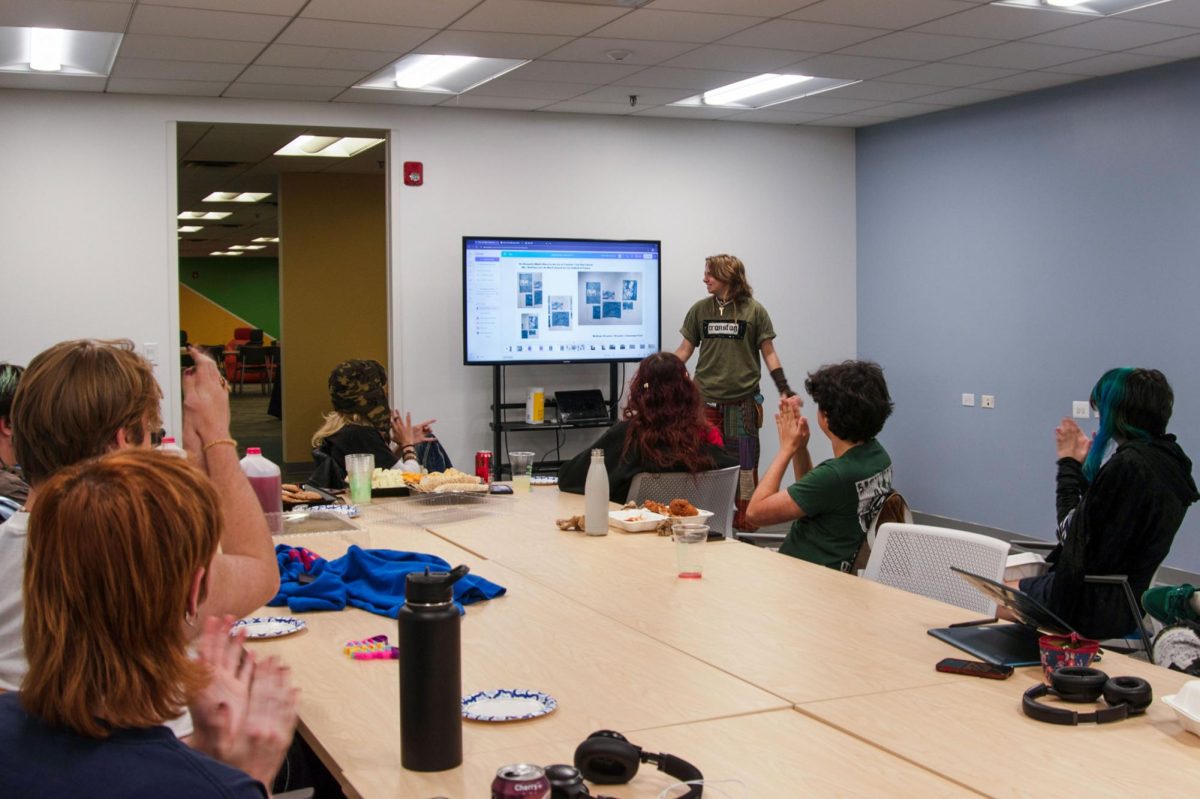A student organization committed to gun violence prevention released a plan Wednesday aimed at expanding advocacy efforts to be more inclusive of the Black community.
March for Our Lives GW, a chapter of the March for our Lives gun prevention initiative, published a “plan of justice” outlining nine action items the student organization will take to emphasize its solidarity with the Black Lives Matter movement. The nine steps, organized under the categories of empowerment, equality and justice, outline the expansion efforts like increasing collaboration with Black organizations on and off campus and holding phone campaigns to advocate for fairness in gun violence cases to government officials.
“As a result of centuries of imposed discrimination, segregation, criminalization and degradation, Black people face the biggest risk of gun violence more than anyone else,” the group’s Instagram post states. “As an organization founded and dedicated to end gun violence, we acknowledge the burden of gun violence in the Black community, and we are committed to helping the process of dismantling the forces that have caused this crisis.”
MFOLGW pledged to begin an initiative increasing awareness in the Black community of its National Peace Plan, a mission with six steps for government officials to promote a safer society like halving the rate of gun violence deaths in 10 years and naming a federal director for gun violence prevention. Sydney McArthur, the group’s diversity and inclusion chair, said the student organization’s steps are designed to be more helpful for communities of color, eradicating gun violence and consequently improving those community members’ livelihoods.
“Because MFOL is a largely White organization, we must enhance our inclusivity by demonstrating that our plan is a plan for all and will make a better America especially for marginalized communities of color,” she said. “People of color must have accessibility to our mission, and education will fulfill that need.”
McArthur said the group plans to provide support and advocacy for the TraRon Center, a D.C. organization assisting young gun violence survivors with creative art therapy, and Black Lives Matter D.C. She said both organizations are aimed at supporting marginalized communities in the D.C. area affected by a cycle of gun violence perpetuated due to systemic oppression.
She said members began forming the plan in early June with the goal of thoroughly researching and deliberating how to best expand their advocacy efforts to be more inclusive of the Black community. McArthur said MFOLGW had previously held a discussion with GW’s Black Student Union in late May to reflect on students’ experiences being Black on campus.
“In these settings and beyond, we must amplify the voices of the people who bear the burden the most, which are Black, Indigenous and Latinx folk,” she said. “Gun violence-prevention organizations all over the nation should take the same initiative to equalize the narrative, provide much more inclusive and diverse environments and acknowledge that Black Lives Matter.”







